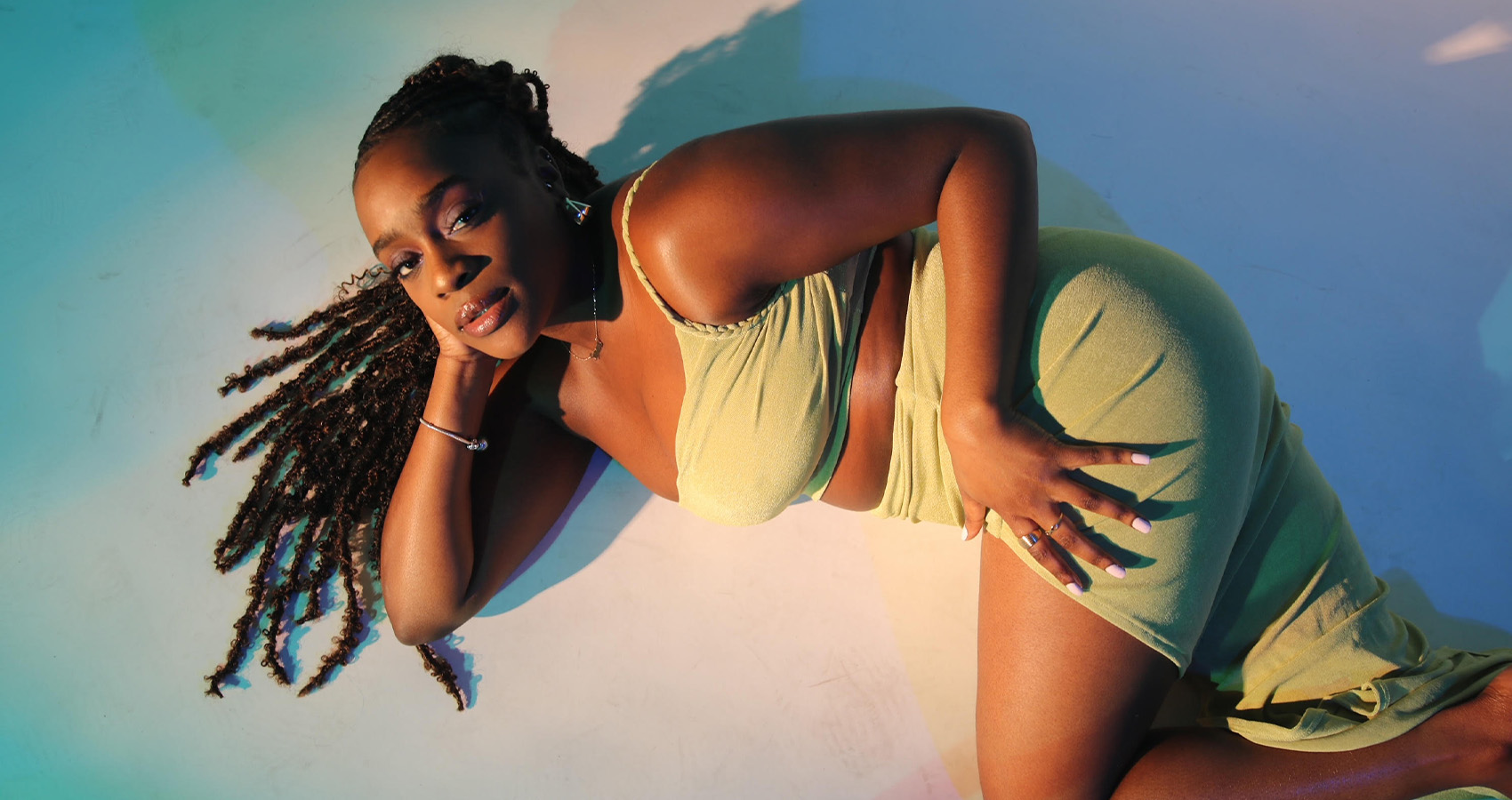Tamara Dos Santos Unveils "Do It": A Soulful Exploration Of Vulnerability
Sung in both english and Portuguese.
South London’s rising R&B force Tamara Dos Santos is back with Do It — a soul-soaked single that treads delicately through the terrain of vulnerability, hesitation, and the slow burn of real love. Rooted in her Angolan and Portuguese heritage and laced with the warmth of classic R&B influences like Mary J. Blige and Lauryn Hill, Tamara’s sound is at once intimate and expansive.
Sung in both English and Portuguese, Do It captures that pivotal moment where attraction shifts into something deeper — but only if you're brave enough to let it. This is Tamara on her own terms: honest, cinematic, and unafraid to feel everything.
Tamara, Do It is soaked in warmth, but there’s hesitation beneath the surface. How did your own experience with vulnerability shape this track?
I can only ever speak from a place of love and honesty, so writing the single came quite naturally to me. It more so helped me navigate from a place of discernment on how to approach any future love interests, rather than acting on initial attraction, which has been the reason for previous heartbreaks.
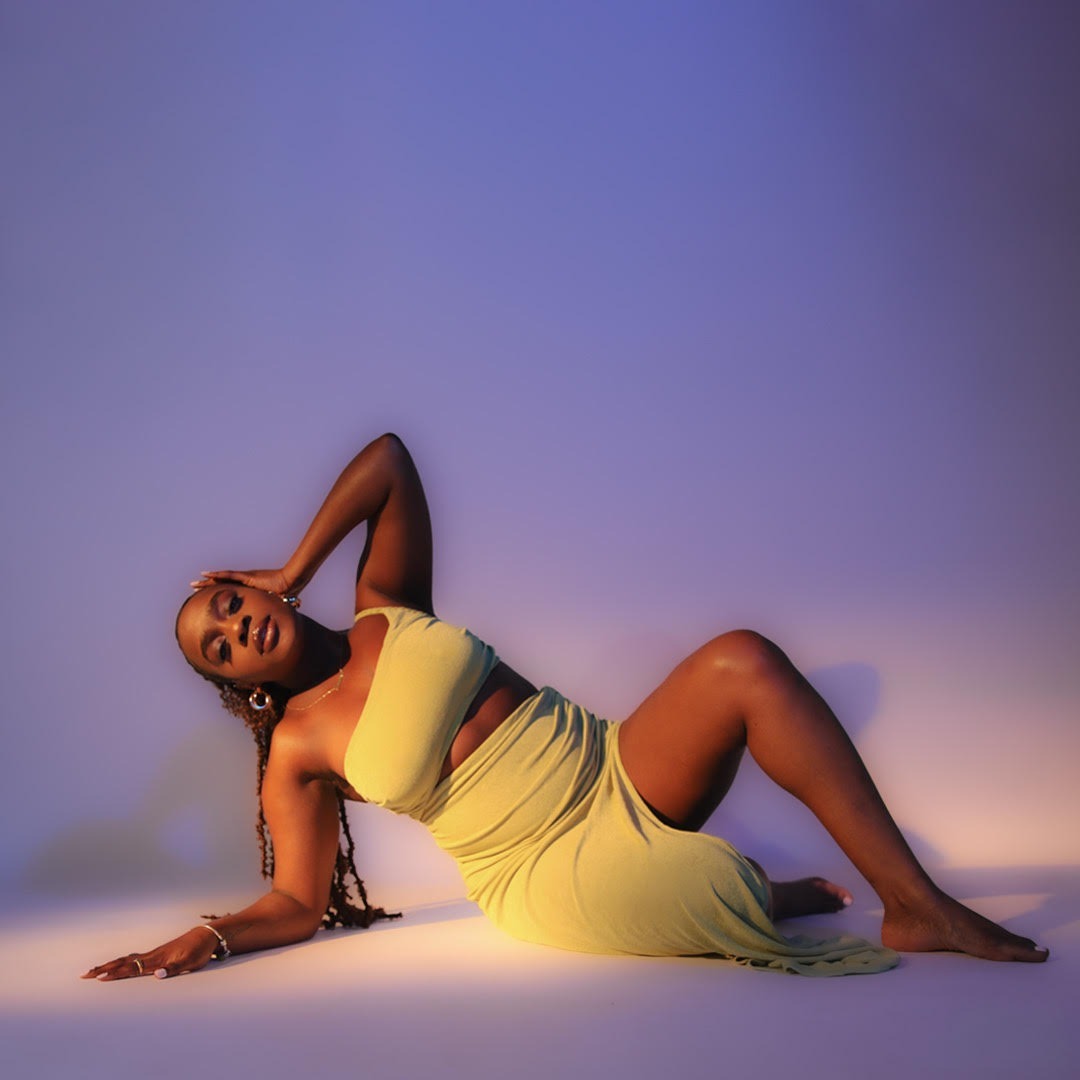
You’ve described this as a song that embraces taking things slow. In a world built for fast love and quick scrolling, why was that message important for you?
We live in a strange time that glorifies situationships and casual flings, and minimises the long-lasting effects can come with heartbreak, how you view yourself, and love. I enjoy making music that reminds hopeless romantics to protect our hearts a little more. Love is such a profound feeling. It’s literally the thing that we all aim to experience and that carries a lot of responsibility.
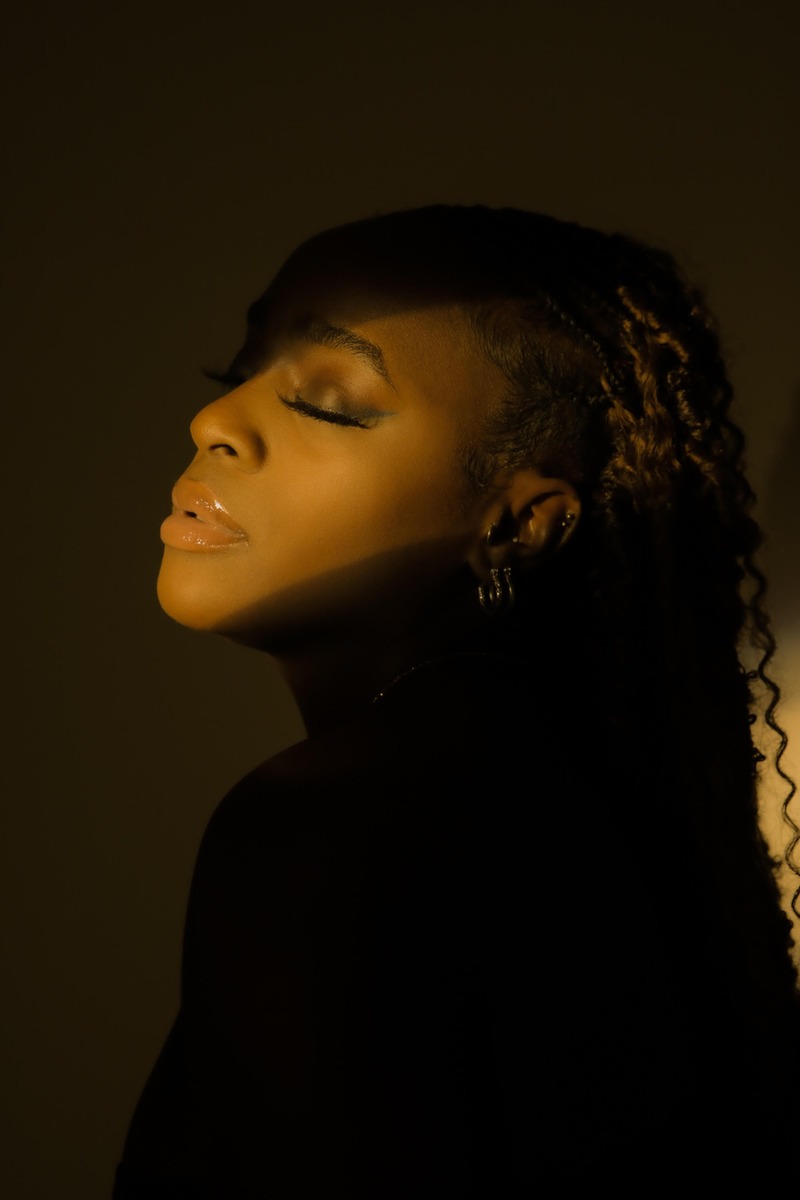
There’s a classic R&B feel to Do It, but it still sounds modern. How do you balance nostalgia and freshness in your production choices?
I think the nostalgia comes from the storytelling element. It’s a story told time and time again in our own lives - a new love interest consumes our minds, and we must sing about it so profoundly. In terms of production, I’m very inspired by the quality of the music in the UK R&B scene, and so I always keep an ear out while also incorporating elements of the old school tunes we know and love.
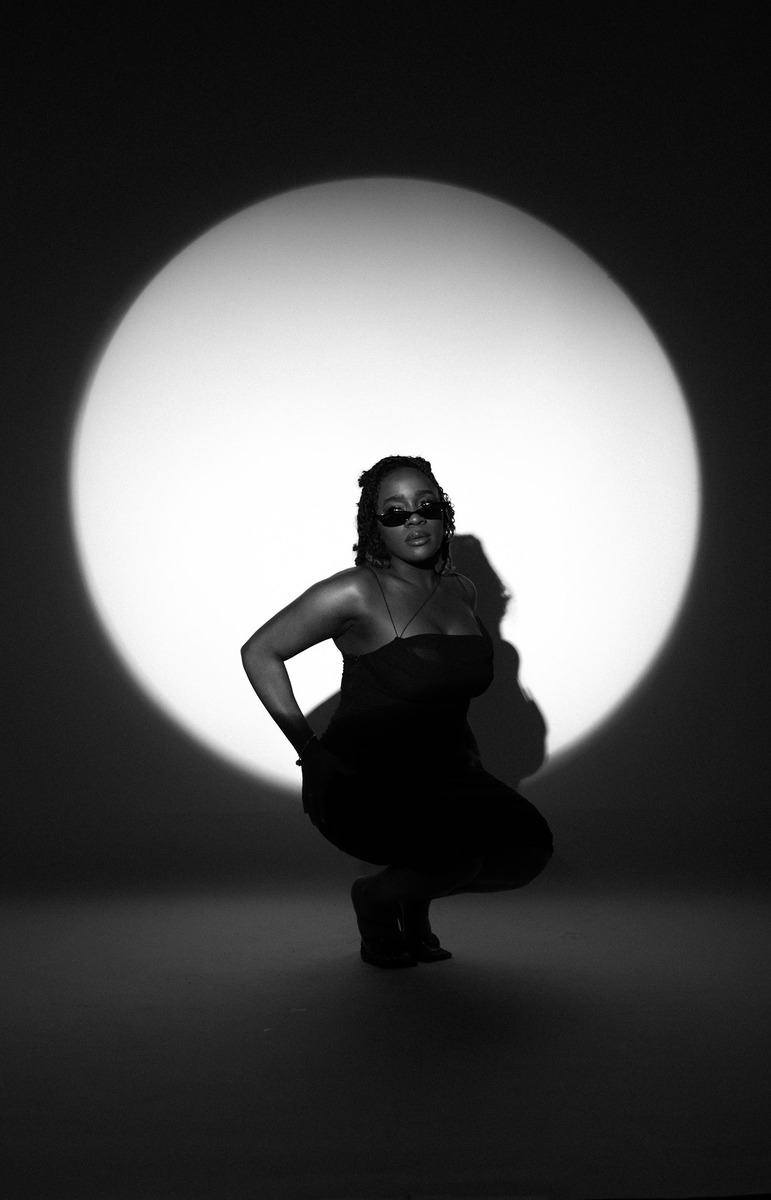
You’ve cited Leon Thomas and Mary J Blige as key inspirations. What did you take from their music — emotionally or sonically — when crafting this single?
Mary J Blige is a legend for her raw lyrics and vulnerability. Songs like Be Without You, As, I Can Love You, and many others helped with elements of tapping into my emotions and vulnerability. This is the same with Leon Thomas, who’s part of the new age R&B, who’s not afraid to pour his heart into a record with songs like Mutt, Yes It Is, and Not Fair. I think where they both played a huge part on the sound itself is the fact that they both have a way of incorporating elements of Motown and hip hop to create a beautiful and layered sound.
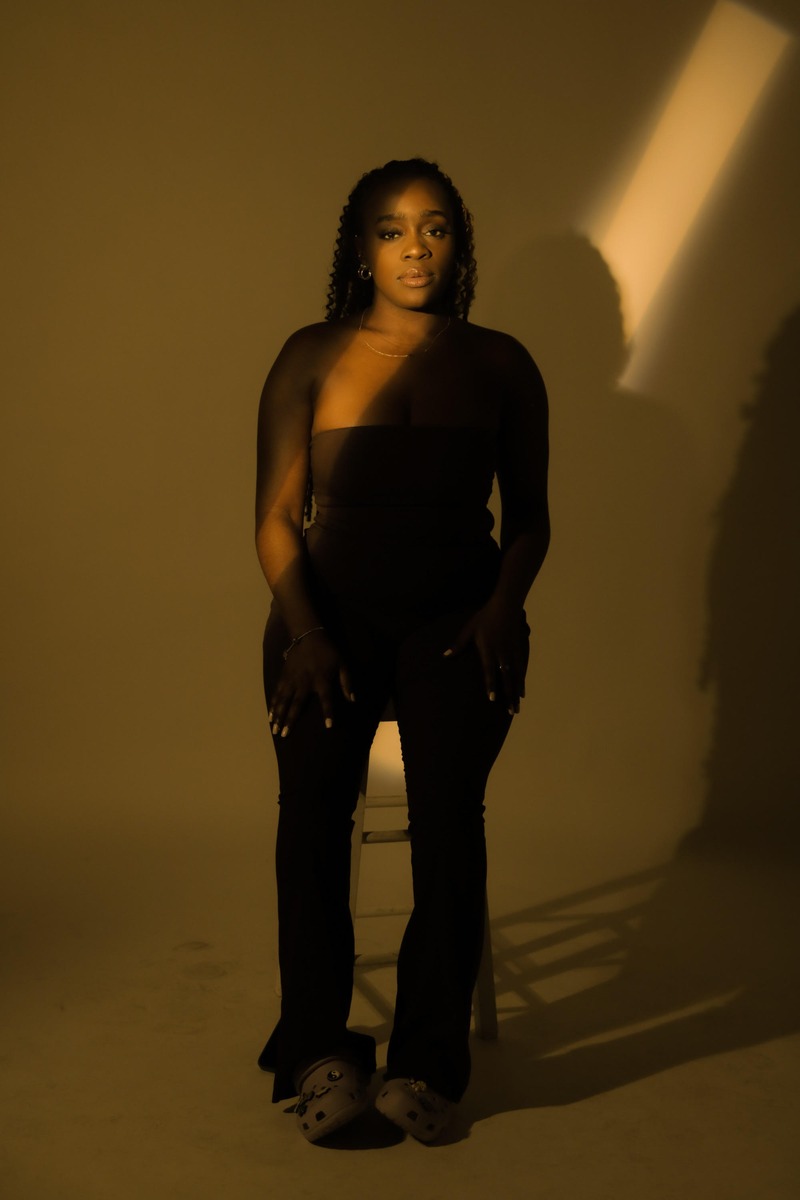
As someone who writes and releases music independently, how do you stay connected to your creative voice without outside pressure?
I think it can feel very daunting being an independent artist because you’re constantly on the chase for the next big single in the hopes that it’ll be THE single that’ll blow. But I think what helps me keep centred is knowing and understanding that inspiration takes time through growth and experiences. It’s not a process that you rush or fake because you can hear it in the sound.
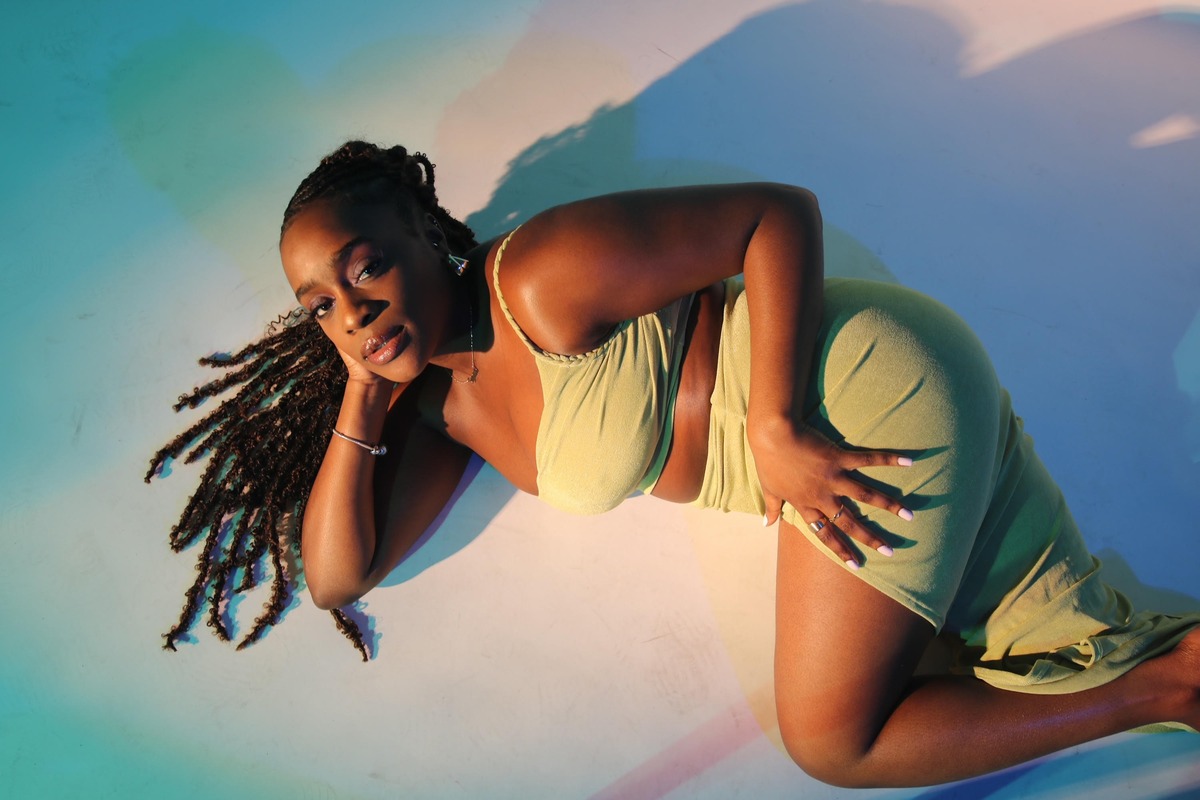
Your heritage — Portuguese and Angolan — brings a rich emotional palette. How do those roots influence the way you write or express love and vulnerability?
Being Angolan has really shaped how I express love and vulnerability. I grew up listening to kizomba and semba — genres that are all about loving deeply, whether that’s romantic love, love for family, or even for your country. Those songs taught me that it’s okay to feel everything fully and to express it openly. That definitely comes through in my music — I’m not afraid to be honest, emotional, or soft, because I see it as strength, not weakness.
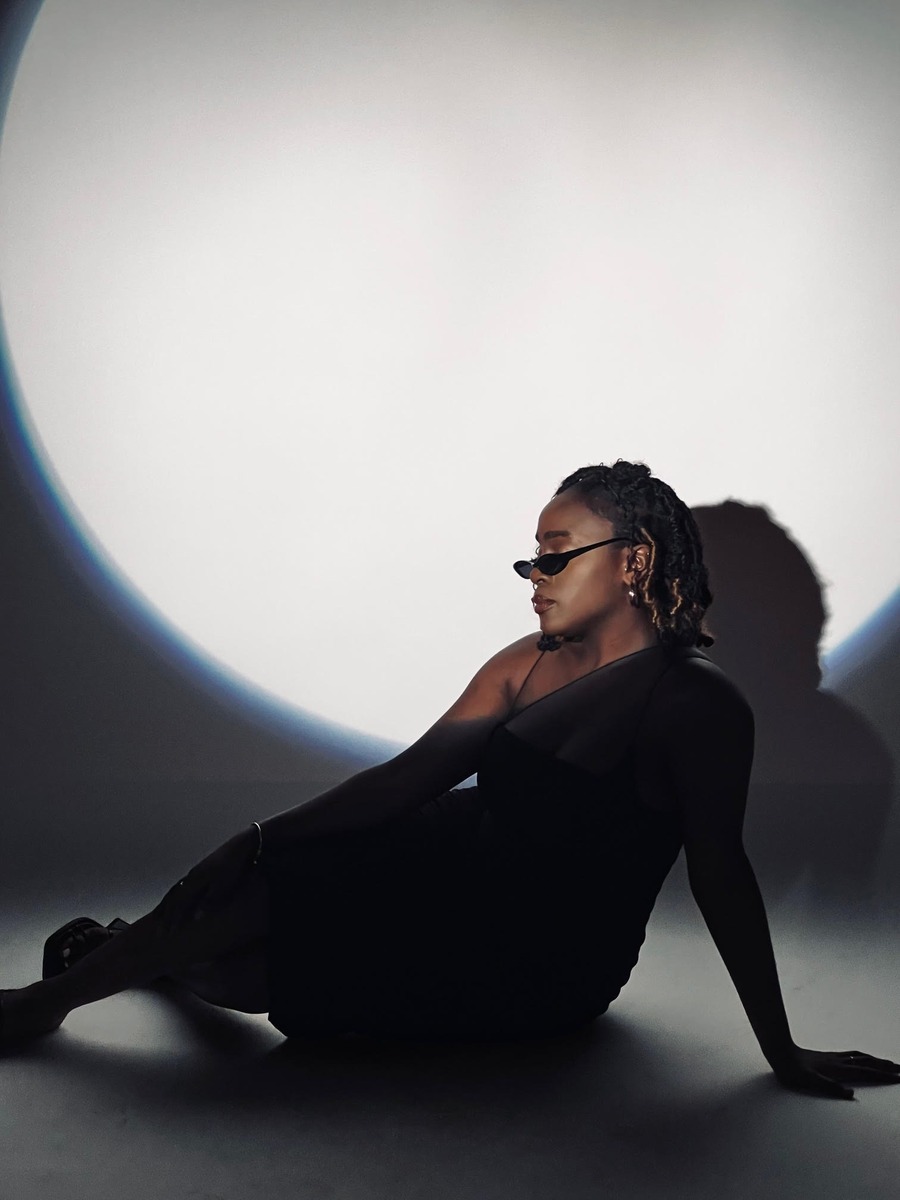
“Meeting someone who feels like a home you’ve never had” — that’s how Do It feels. Was that intentional, or did the emotion lead the melody?
I definitely let my emotions lead the melody when writing ‘Do It’ — the same way I do with all my songs. I think that’s what keeps it honest and raw. It wasn’t so much a planned concept as it was a feeling that took over. That sense of ‘home’ came naturally because that’s exactly what I was craving when I wrote it.
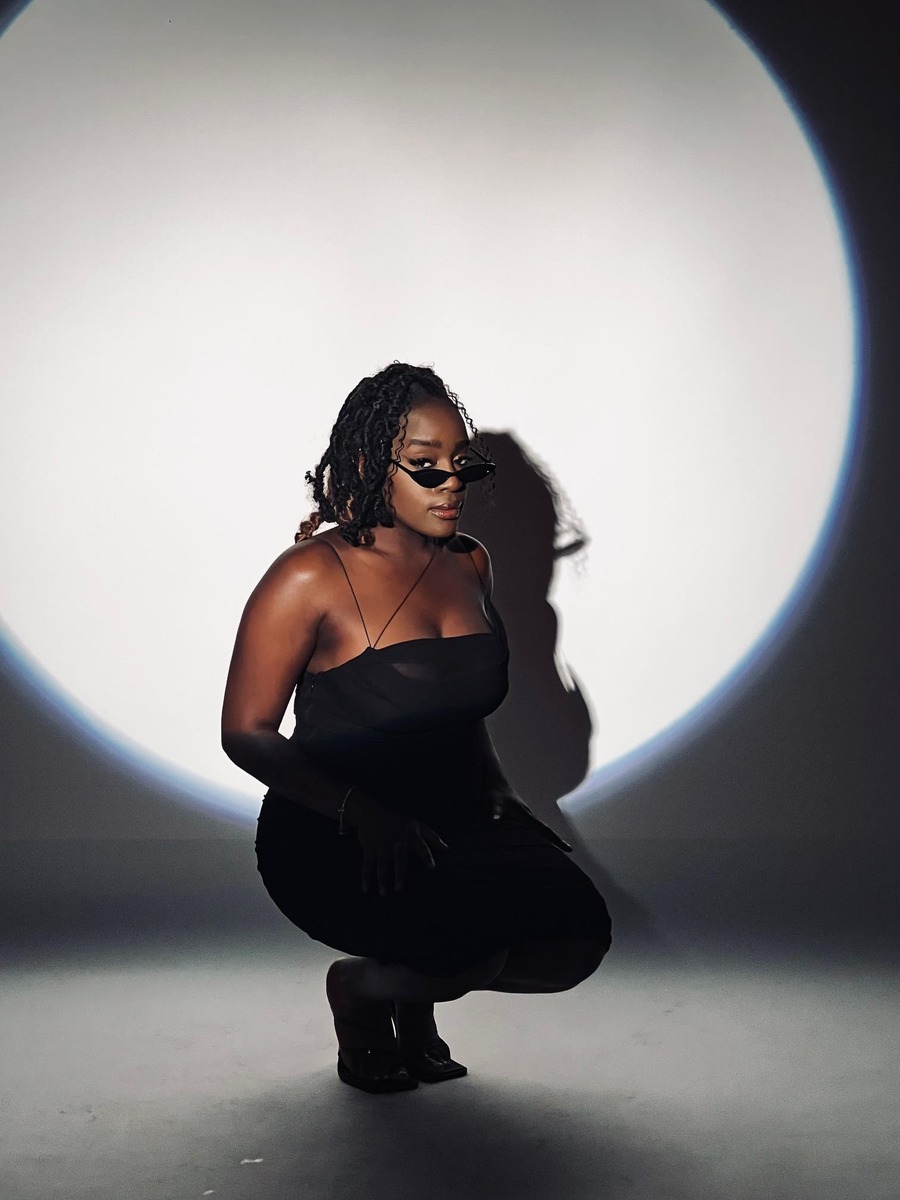
You often incorporate both English and Portuguese lyrics. What’s the creative process like when you’re writing bilingually? Do certain emotions feel better in one language than another?
For me, it’s about how honest I want something to feel when I sing it. Portuguese is such an intimate language for me — I mostly speak it with my close ones — so when I switch between English and Portuguese, or write a song fully in Portuguese, it’s usually because I want to express something deeply personal. It helps me tap into a different layer of vulnerability.
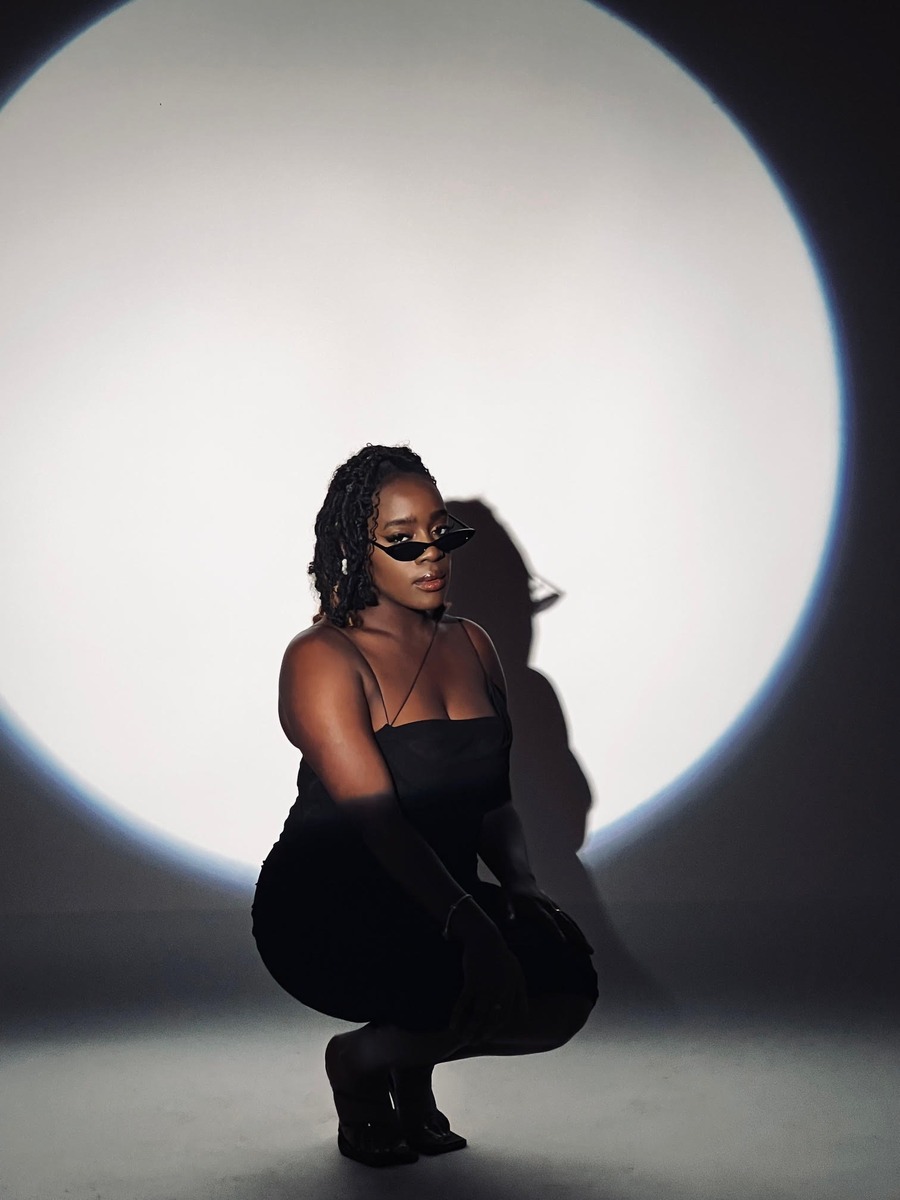
With Do It following Emotional, it seems like you’re building a very personal body of work. Is there a larger story you're telling across these singles?
Most definitely. With all of my projects, I aim to tell a cohesive story that builds toward a bigger message, and that always circles back to self-love. As a hopeless romantic, I’ve learned that love also requires wisdom and discernment — knowing what’s for you and what isn’t in the dating pool. So with each release, I like to take my audience on that journey of self-growth with me.
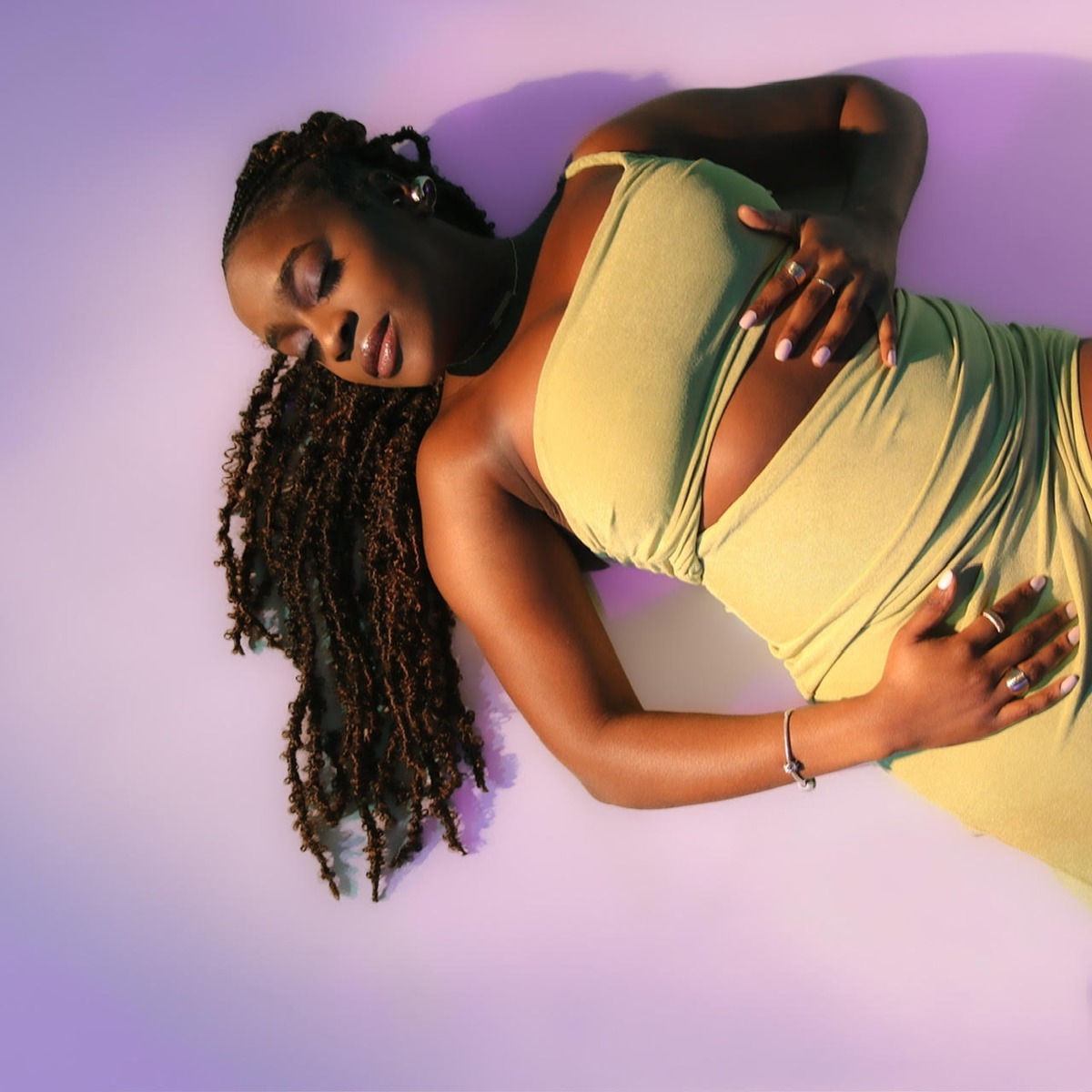
Looking ahead, what’s next for you — more singles, a full project, a visual concept? What’s lighting you up creatively right now?
A bit of everything, really. I recently released my EP, THIRD CHANCE, and now I’m excited to focus on more visuals and singles. I want people to get to know more of me, not just sonically, but visually and emotionally too. It’s about showing my versatility and letting the music speak across different layers.
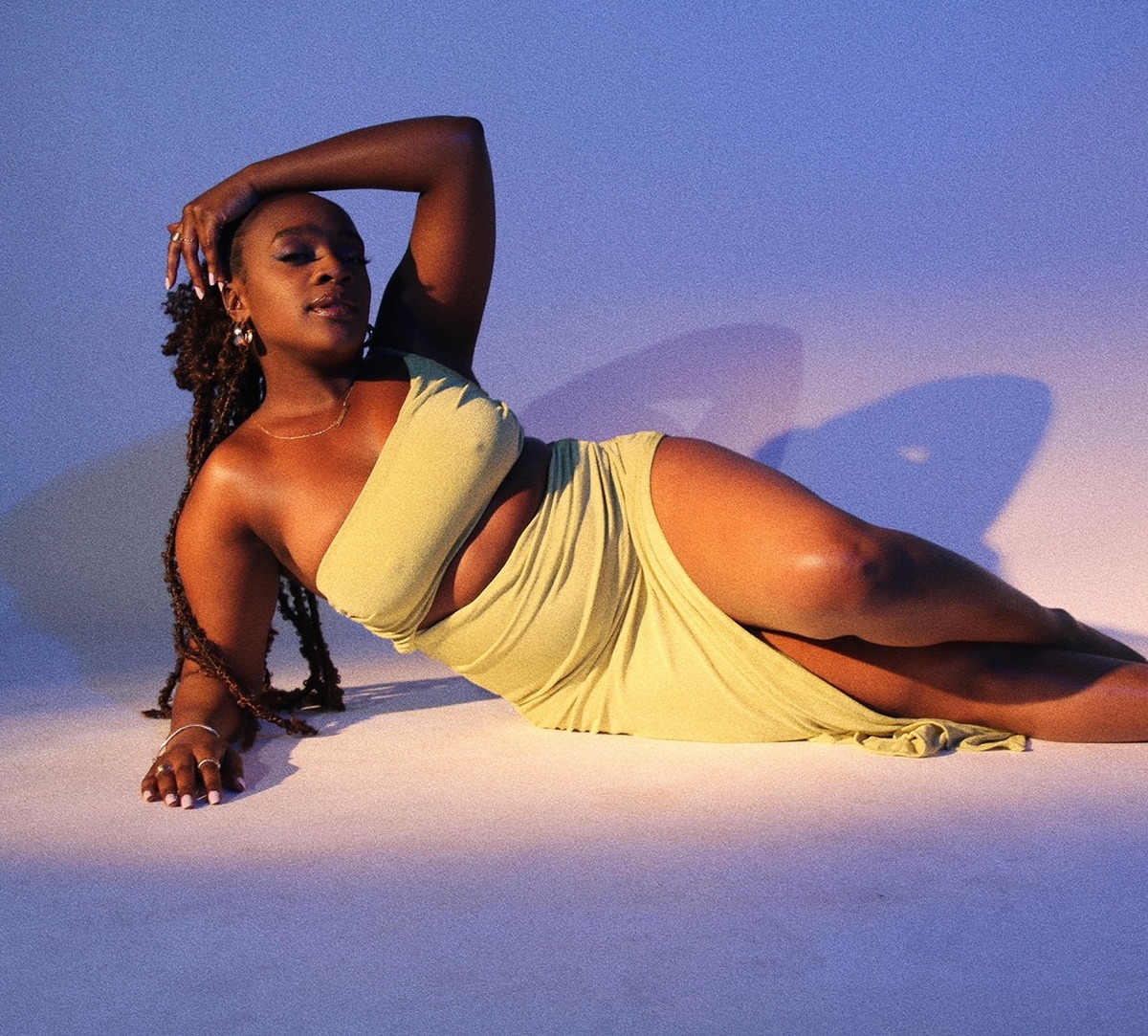
Do It is more than a love song — it’s a quiet rebellion against the fast-paced, swipe-right rhythm of modern romance. Tamara Dos Santos invites us to slow down, sit with our feelings, and sing through the ache. With each release, she’s shaping a body of work that’s emotionally layered, sonically lush, and unmistakably hers. If Emotional introduced us to Tamara’s depth, Do It proves she’s not just staying — she’s leading the charge for a new generation of R&B storytellers.



